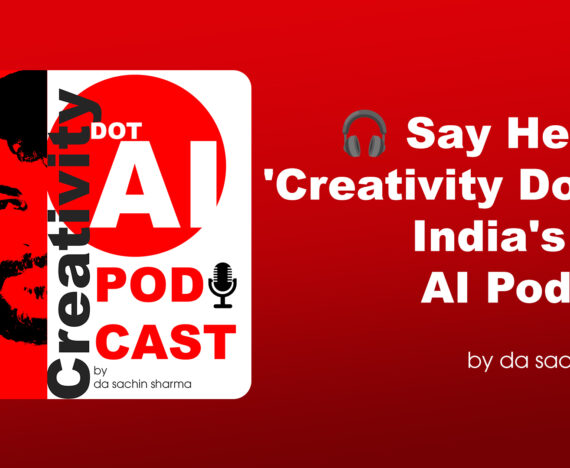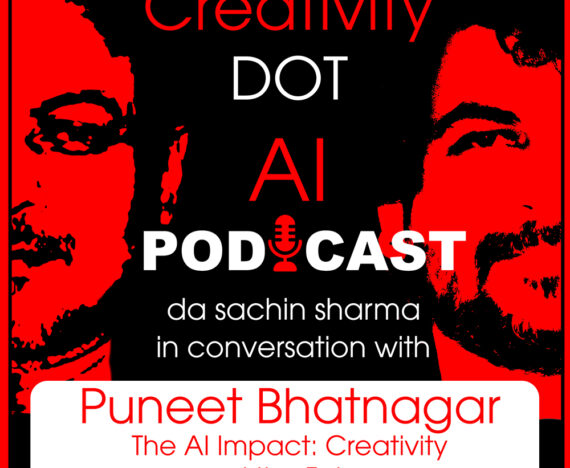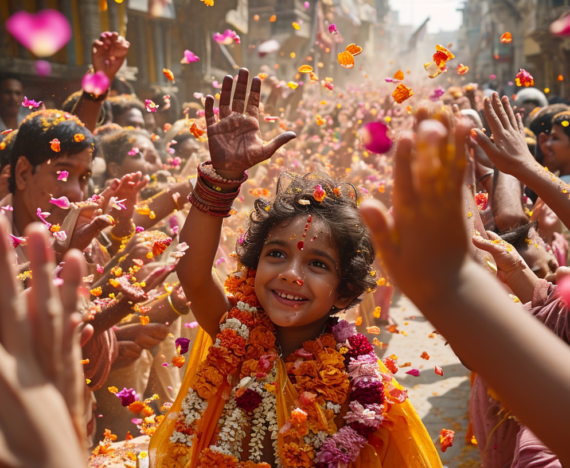The exciting sphere of AI model training has been my playground this week. The result? AI-generated images and videos of me, capturing specific looks and poses based on text prompts. This isn’t just vanity; it has some profound implications.
How might AI reshape brand-celebrity dynamics?
Envision a world where influencers, celebrities, and brand ambassadors no longer need to spend grueling hours at photoshoots. Instead, brands would use a handful of their images to train an AI model, which then produces promotional content on demand. So instead of investing time and effort, celebrities would sell the digital rights to their AI versions.
What’s the advantage for brands?
It’s a win-win situation. Brands could generate a vast array of content using AI, reducing their dependence on celebrity availability. The flexibility to create specific images as per their campaign needs will boost creativity and the speed of campaign execution. It also drastically reduces costs and time spent on elaborate photoshoots.
Media depiction hints at this future
The eerie foreshadowing of this reality was portrayed in a recent Black Mirror episode, “The John Is Awful.” This exploration of AI and deepfake technology depicts Joan, the protagonist, discovering her life dramatised on an app with Hollywood star Salma Hayek in her role.
Streamberry, the app, uses a quantum computer to create dramatisations of every user’s life. AI-generated celebrities play the characters, leading Joan and Salma to join forces to disrupt the system.
What’s this Deepfake technology?
Deepfake technology employs deep learning algorithms to imitate human appearances and voices. It creates synthetic media by overlaying existing images or videos onto source media. A trained AI model ingests a vast data array, which it then analyses to reproduce the specific features of a person.
How can brands adapt to this change?
Brands should stay ahead of the curve, embracing this change. Investing in AI and deepfake technology, either directly or through partnerships with tech companies, should be a key strategic move. It’s also crucial to navigate the legal and ethical implications, such as obtaining the necessary rights and consents from the celebrities involved.
What’s the takeaway for the celebrities?
With the advent of AI models, celebrities need to rethink their brand endorsement strategies. They will need to negotiate not just for their time and image rights but also for the rights to their digital avatars.
What does this mean for the future of celebrities?
In the era of AI models, traditional celebrity influence might see its twilight. Brands may prefer the cost-effectiveness and flexibility of AI doppelgängers, raising concerns for celebrities over maintaining control over their digital likenesses.
How do we navigate this new reality?
This AI-powered future is intriguing, filled with potential and challenges alike. As creators and consumers, vigilance and awareness are our best allies in ensuring that this technological revolution unfolds responsibly and ethically.
Welcome to the twilight of traditional celebrity influence, folks, where AI models are ready to take center stage.
Stay Creative, Stay Curious.






